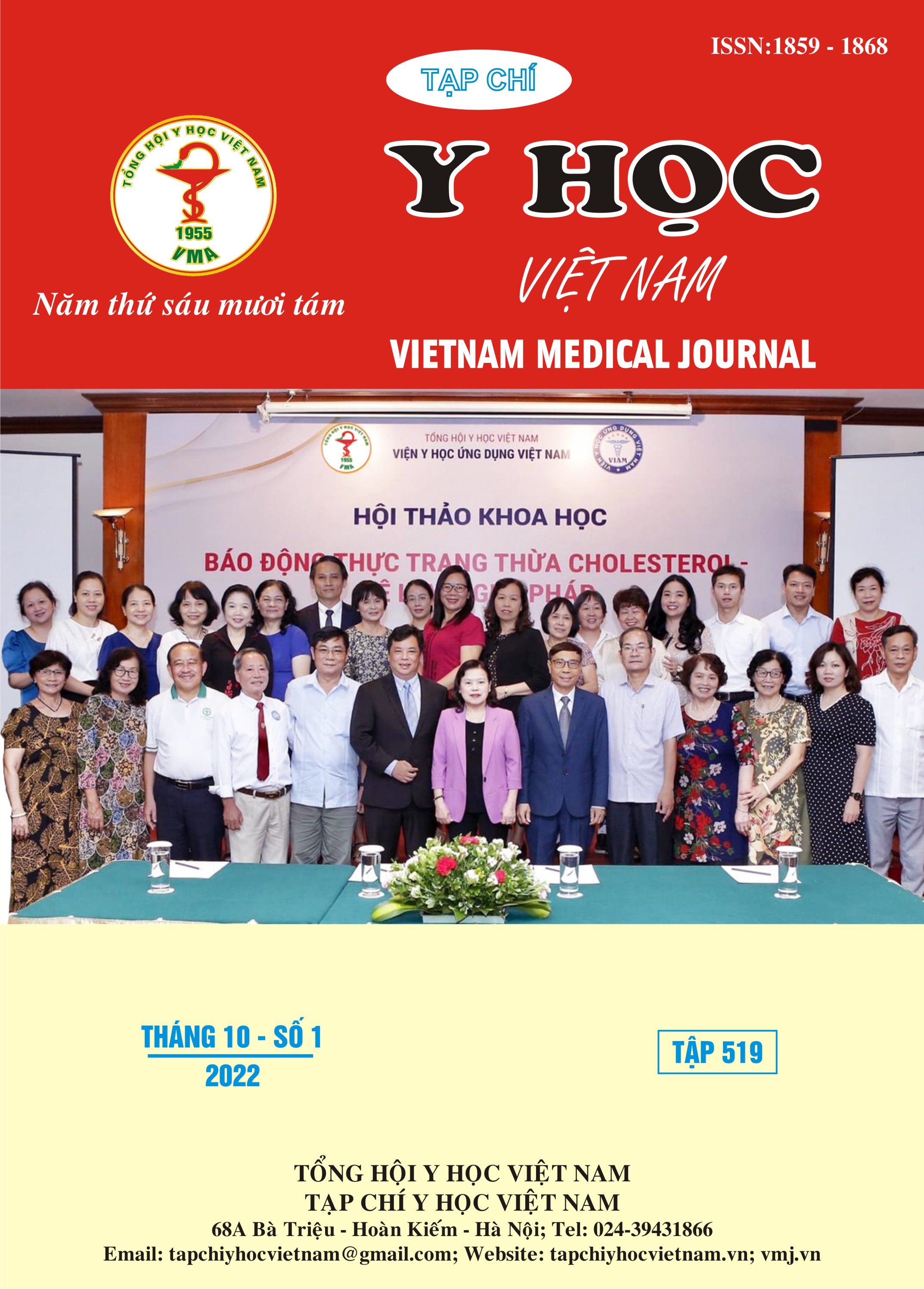COMPREHENSIVE SEXUAL AND REPRODUCTIVE HEALTH CARE FOR SCHOOL STUDENTS: A STUDY REVIEW OF OFFICIAL TRAINING PROGRAM AND SOME RECOMMENDATIONS
Main Article Content
Abstract
Research and review the mainstream comprehensive reproductive and sexual health on current curriculum at primary schools, middle schools and high schools according to United Nation recommendations. Research shows the mainstream comprehensive reproductive and sexual health on current curriculum is still limited, not mentioning many important and essential contents of comprehensive reproductive and sexual health. The main program (before the reform 2020) still has gaps, students have not received comprehensive reproductive and sexuality health education, especially in grades 6th and 7th which are the age groups starting transition to puberty, and students had a very high need for comprehensive reproductive health and sexuality education. The mainstream comprehensive reproductive and sexual health on current curriculum is still limited. The study recommends strengthening the integration of comprehensive reproductive and sexual health content into the curricula and extracurricular activities, especially for students. Children and adolescent health system and relevant agencies should cooperate with student’s caregivers, school teachers to meet the needs of adolescents in particular and students in general, including vulnerable groups. The connection between the school health care system and the referral system to the specialized health system also needs to be established in order to maximize the effectiveness of the program.
Article Details
Keywords
comprehensive reproductive health and sexuality education, students, training program, health care
References
2.WHO. Adolescent health. WHO. Available at https://www.who.int/health-topics/adolescent-health#tab=tab_1 (truy cập 15/12/2021).
3. UNFPA. Điều tra quốc gia về sức khỏe sinh sản và sức khỏe tình dục của thanh thiếu niên Việt Nam độ tuổi 10-24 tuổi. UNFPA 2016.
4. UNFPA Việt Nam. Báo cáo quốc gia về thanh thiếu niên. UNFPA 2015.
5. Nhà xuất bản giáo dục. Sách giáo khoa 1-12 online. https://www.o-study.net/.
6. Goldfarb ES, Lieberman LD. Three Decades of Research: The Case for Comprehensive Sex Education. J Adolesc Health. 2021 Jan;68(1):13-27. doi: 10.1016/j.jadohealth.2020.07.036.
7. Boonmongkon P, Shrestha M, Samoh N, Kanchawee K, Peerawarunun P, Promnart P, Ojanen T, Guadamuz TE. Comprehensive sexuality education in Thailand? A nationwide assessment of sexuality education implementation in Thai public secondary schools. Sex Health. 2019 Jun;16(3):263-273. doi: 10.1071/SH18121.
8. Andres EB, Choi EPH, Fung AWC, Lau KWC, Ng NHT, Yeung M, Johnston JM. Comprehensive sexuality education in Hong Kong: study protocol for process and outcome evaluation. BMC Public Health. 2021 Jan 22;21(1):197. doi: 10.1186/s12889-021-10253-6.
9. Schneider M, Hirsch JS. Comprehensive Sexuality Education as a Primary Prevention Strategy for Sexual Violence Perpetration. Trauma Violence Abuse. 2020 Jul;21(3):439-455. doi: 10.1177/1524838018772855.


